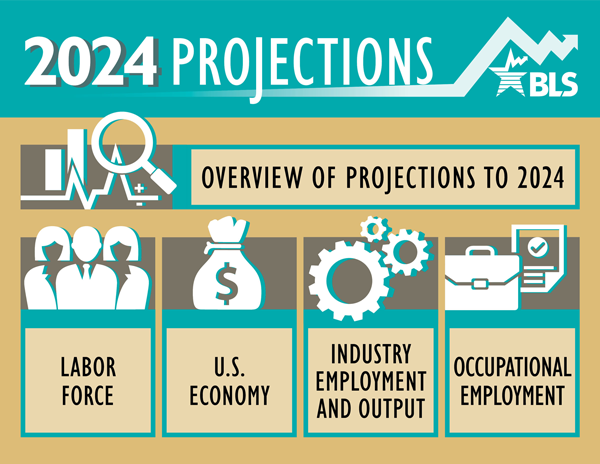American Job Market Faces Shortage of Young Men: Decline in Workforce Participation Raises Concerns
Challenges in the American Job Market: Shortage of Young Men Sparks Economic and Social Concerns
A concerning trend is emerging in the American job market: a shortage of young men in the workforce, according to the published article of BUSINESS INSIDER. Data reveals a decline in labor force participation rates among prime working-age men over the past two decades with around 11% of men aged 25-54 now not actively seeking employment. This phenomenon identified by experts as a long-term issue poses significant challenges for the economy including understaffed key industries and added strain on government services and social safety nets. The repercussions of this trend extend beyond immediate economic concerns. Men exiting the workforce often face mental and physical health challenges contributing to lower household incomes and affecting their children’s future prospects.
Moreover, the decline in male workforce participation could have far-reaching implications for sectors like infrastructure and manufacturing exacerbating existing labor shortages. As experts grapple with the complexity of the issue potential solutions include targeted job training programs and initiatives to provide young men with positive role models. Despite the absence of a clear-cut solution addressing the declining participation of young men in the workforce is crucial for the long-term well-being of both individuals and society as a whole. The economic and social costs of continued disengagement underscore the urgency of concerted efforts to reverse this trend and ensure a more prosperous future for all.
READ ALSO: Food Stamps Heist: Scammers Targeting Vulnerable Families, Authorities Rush to Stop Fraud

Young Men Shortage in the American Job Market Raises Alarms: Impact on Economy and Society
Furthermore, the impact of declining male workforce participation extends beyond economic concerns to affect various aspects of society. As men withdraw from the job market there are broader implications for household formation, housing markets and government welfare programs. Experts warn of potential long-term consequences including reduced productivity, strained social services and heightened reliance on welfare benefits. One notable effect of the trend is its influence on housing markets. With fewer men entering the workforce and starting families there could be a dampening effect on housing demand and home prices. Additionally, the increasing number of men living with their parents or relying on government assistance for income poses challenges for household formation a key determinant of housing market dynamics.
READ ALSO: Tax Refund to Fortune: How Nvidia’s Stock Surge Can Make You Rich
